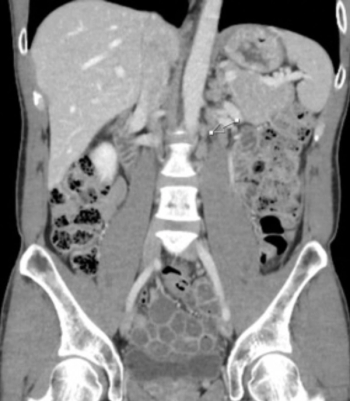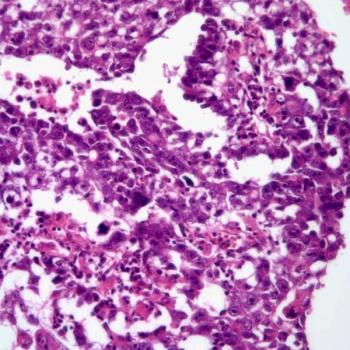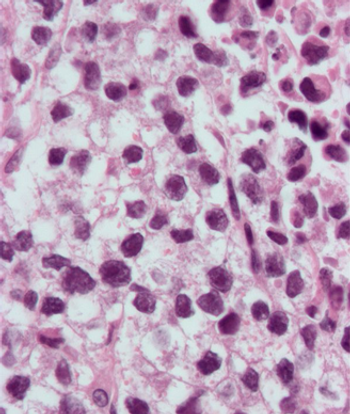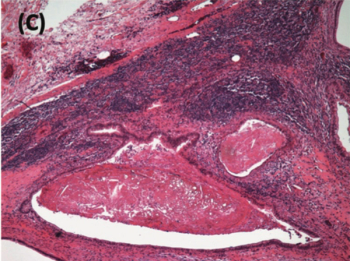
Eight New Gene Variants Implicated in Testicular Germ Cell Tumors
Newly analyzed data revealed eight gene loci associated with testicular cancer risk that were not previously known.
A meta-analysis of data from five genome-wide association studies has revealed eight newly identified gene loci associated with the risk of developing testicular germ cell tumors (TGCT), according to a
“Our findings substantially increase the number of known susceptibility genes associated with TGCT,” said a senior study author, Peter A. Kanetsky, PhD, MPH, chair of the Department of Cancer Epidemiology at the H. Lee Moffitt Cancer Center in Tampa, Florida. “This moves the field closer to a comprehensive understanding of the underlying genetic architecture and development of the disease.”
Men with Northern European ancestry are more likely to be diagnosed with TGCT. In addition, men whose fathers or brothers are diagnosed with TGCT have a dramatically higher risk of developing the disease themselves.
The team analyzed genome-wide association data from five testicular cancer studies representing 3,558 men with TGCT and 13,970 controls. Previously identified gene variant associations help to explain an estimated 37% of the observed heritable risk between fathers and sons, the study team estimated.
They also identified eight previously-unreported loci identified with increased TGCT risk.
“Eight new loci mapping to 2q14.2, 3q26.2, 4q35.2, 7q36.3, 10q26.13, 15q21.3, 15q22.31, and Xq28 achieved genome-wide significance,” the team reported. The implicated loci are “biologically plausible” actors in testicular cancer because they are involved in sperm development. These genes might represent targets for drug development.
The risk alleles might also help to identify men who should be screened for TGCT, the study authors suggested.
Testicular cancer is a rare malignancy, with fewer than 8,900 cases diagnosed annually in the United States. The vast majority of these cases are TGCTs occurring in men younger than 40 years. TGCT incidence rates vary geographically and among ethnicities, and have increased over time in recent decades.
Newsletter
Stay up to date on recent advances in the multidisciplinary approach to cancer.




































